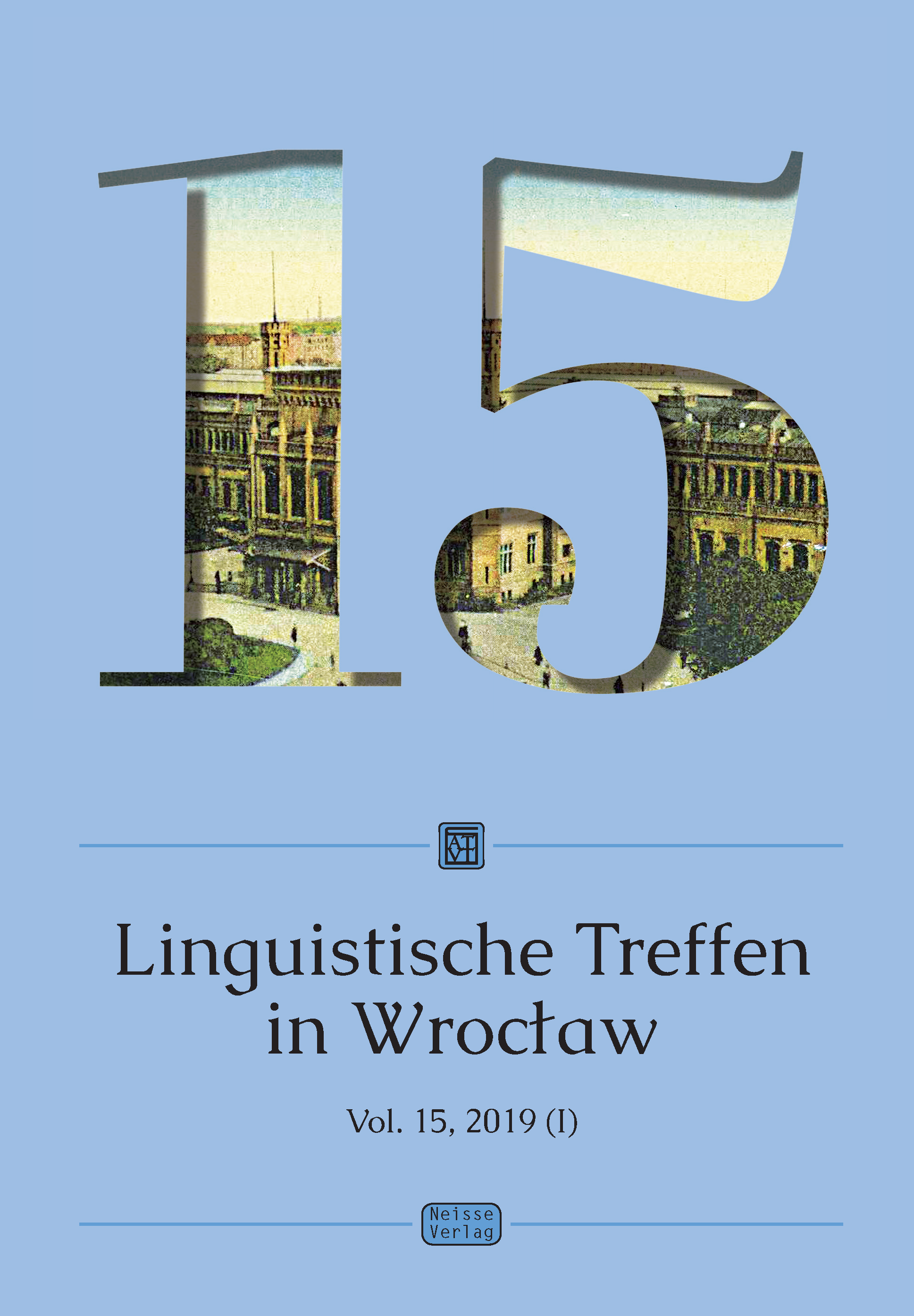Linguokognitive Aspekte der Vergleichsmodelle bei politischen Anthroponymen: Willy Brandt, Helmut Kohl und Gerhard Schröder
Linguocognitive Aspects of Comparison Models with Political Anthroponyms: Willy Brandt, Helmut Kohl and Gerhard Schröder
Author(s): Valerija KulikovaSubject(s): Language studies
Published by: Oficyna Wydawnicza ATUT – Wrocławskie Wydawnictwo Oświatowe
Keywords: Anthroponyms; comparison models; implicit comparison; explicit comparison
Summary/Abstract: Today’s linguistics deals increasingly with linguocultural as well as linguocognitive aspects of language existence. One of the universal categories of conceptualizing the world is comparison. Although there are similar comparative models, each culture categorizes the world differently. Anthroponyms, which are person’s names, can also be used in comparative models like other language units. The wide variety of examples of comparison with anthroponyms in the mass media makes this topic suitable for further analysis. The language potential of the political anthroponyms Willy Brandt, Helmut Kohl und Gerhard Schröder, who are known as the most important politicians in German and European history in the 20th century and at the turn of the century, is to be analyzed in this paper.
Journal: Linguistische Treffen in Wrocław
- Issue Year: 15/2019
- Issue No: 1
- Page Range: 303-309
- Page Count: 7
- Language: German

